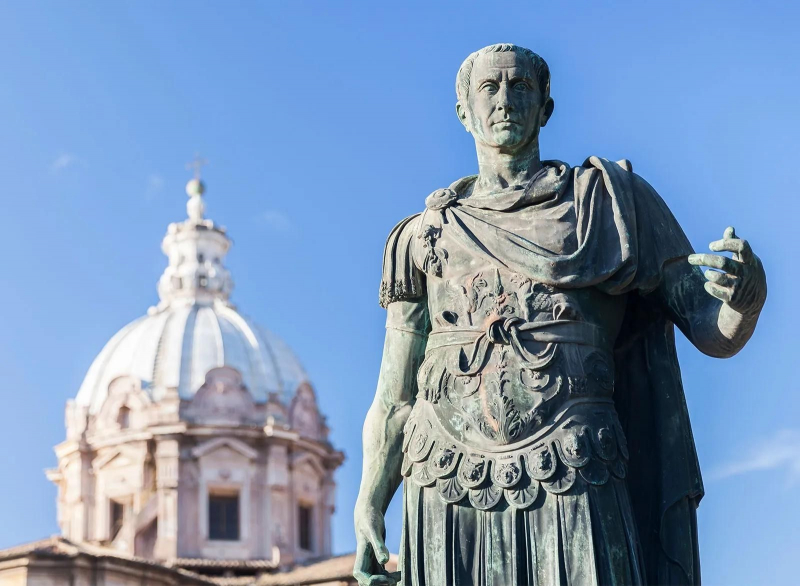The success of others made Caesar ambitious
So what motivated Julius Caesar to achieve so much? According to two historical traditions, Caesar was influenced by the legendary monarch and conqueror of Macedonia, Alexander the Great. Caesar had a startling epiphany while passing by a bust of Alexander the Great at Cadiz, which is now known as modern-day Spain.
At the time, Caesar was approaching thirty years old and aging swiftly, but he had made no progress that he considered to be noteworthy. Caesar thought it was time for him to make a change in his own life after admiring how Alexander had accomplished so much before his passing at the age of 32. After this occurrence, Caesar developed the drive to do whatever it takes to uphold his family's reputation and himself. For the second half of his life, he made his name known to everyone, whether it was because of this particular realization or something else.
In today's lingo, ambition may be seen as a good thing, but Shakespeare's The Tragedy of Julius Caesar, which debuted at the illustrious Globe Theatre in 1599, conveyed the opposite message. Shakespeare makes the argument in his play that Caesar's ambition and desire to excel led to an imbalance in society. As a result, some individuals took all necessary measures to level the playing field. In other words, Caesar's ambition was not a good thing; on the contrary, it was what ultimately led to his demise.












